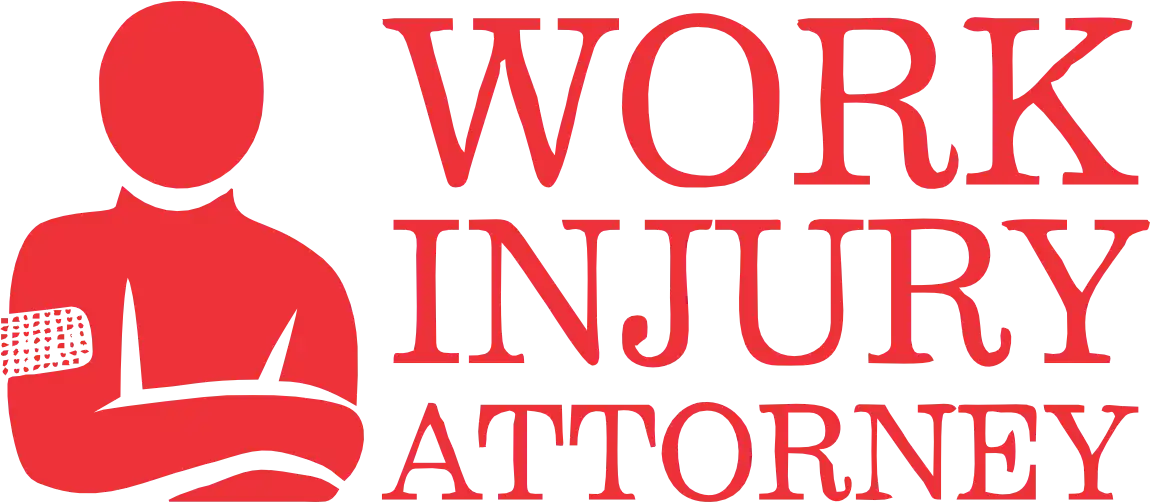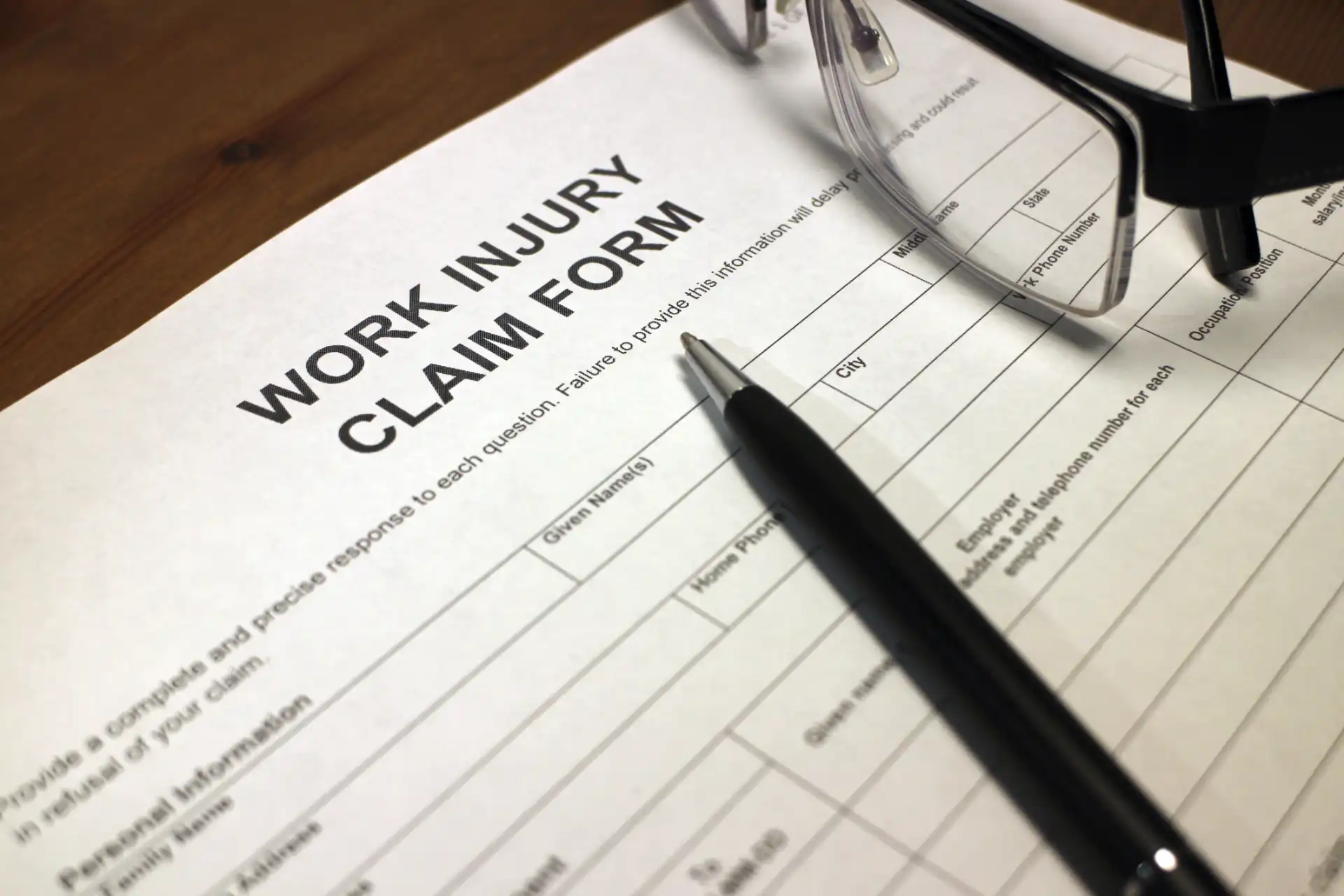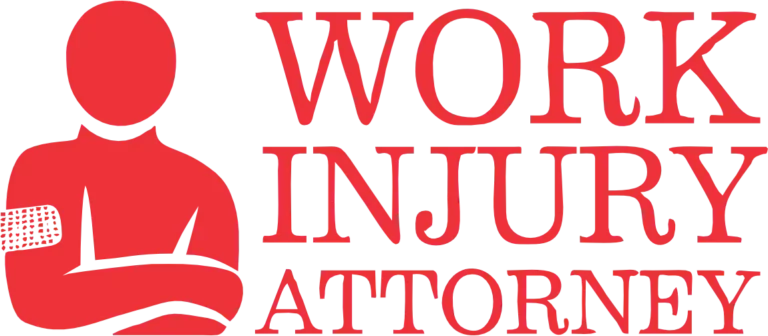Introduction: When it comes to workers’ compensation, many employees are unsure about their rights and the benefits they are entitled to. Unfortunately, misinformation and myths often cloud the process, leading to confusion and missed opportunities for injured workers. In this post, we’ll debunk five of the most common myths about workers’ compensation, so you can better understand the system and ensure that your claim is handled correctly.
1. Myth: You Can’t Sue Your Employer After an Injury at Work One of the biggest misconceptions about workers’ compensation is that employees can’t sue their employer if they are injured on the job. While it’s true that workers’ compensation laws typically prevent employees from suing their employers for negligence, this doesn’t mean you have no recourse if your injury was caused by someone else’s fault. In certain cases, such as third-party negligence (for example, when an injury occurs due to defective equipment or another party’s actions), you may be able to pursue a personal injury lawsuit in addition to your workers’ compensation claim.
2. Myth: Workers’ Compensation Covers All Types of Injuries While workers’ compensation covers a wide range of work-related injuries, not all injuries are automatically covered. For example, if an employee is injured while engaging in reckless behavior, such as being intoxicated or violating company safety rules, their claim may be denied. Additionally, injuries that occur outside of work hours or in non-work-related activities typically don’t qualify for workers’ compensation. It’s important to understand the specific requirements and guidelines of workers’ compensation in your state.
3. Myth: You Can’t Receive Workers’ Compensation Benefits if You’re Partially at Fault Many workers mistakenly believe that if they were partially at fault for their injury, they can’t receive benefits. However, workers’ compensation operates on a no-fault basis, meaning that it doesn’t matter who was responsible for the accident. As long as the injury happened while performing job-related duties, the worker is eligible for benefits, even if their actions contributed to the incident. The goal of workers’ compensation is to provide support to injured employees, regardless of fault.
4. Myth: Workers’ Compensation Benefits Are Only for Physical Injuries While workers’ compensation is often associated with physical injuries, it also covers mental health issues, such as stress, anxiety, and depression, that arise from workplace conditions. Employees who develop mental health conditions due to their job—like a traumatic event or ongoing work-related stress—may be eligible for benefits as well. However, proving mental health-related claims can be more challenging, as it requires medical documentation and evidence linking the condition to the workplace.
5. Myth: You Have to Accept the First Offer from the Insurance Company After an injury, workers may feel pressured to accept the first settlement offer from the insurance company, especially if the offer appears to cover medical bills and lost wages. However, this initial offer is often lower than what you may actually be entitled to receive. Insurance companies are primarily concerned with minimizing their payouts, so they may try to offer a settlement that doesn’t fully compensate you for your injury or future expenses. It’s always a good idea to consult with a workers’ compensation attorney before accepting any offer to ensure you are receiving a fair settlement.
Conclusion: Understanding workers’ compensation can be confusing, but debunking these common myths can help you approach the claims process with confidence. Workers’ compensation is there to protect injured workers, and knowing your rights is the first step in ensuring you receive the benefits you deserve. If you have been injured at work, don’t let misinformation prevent you from getting the support you need. Consult with a workers’ compensation attorney to ensure that your claim is handled correctly and that you are fully compensated for your injuries.


